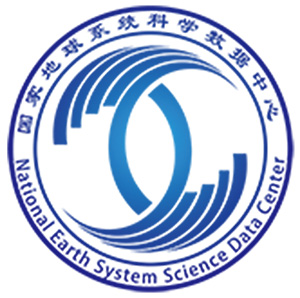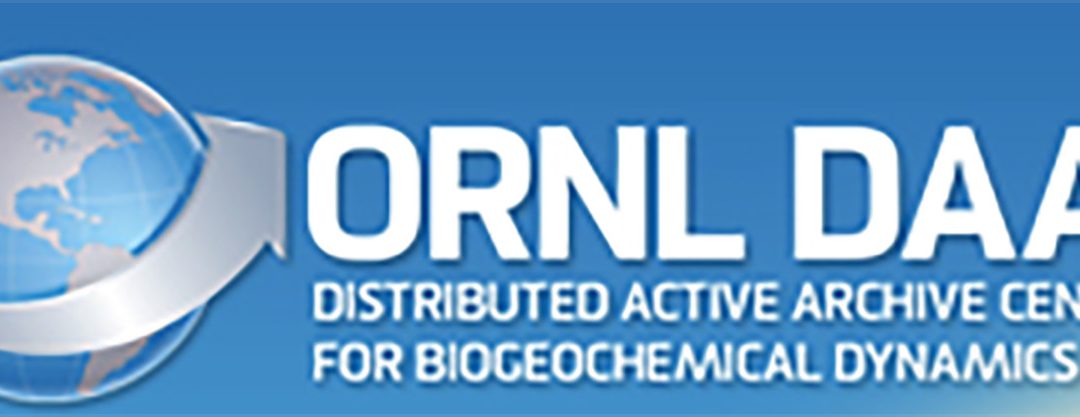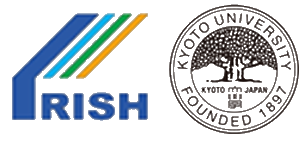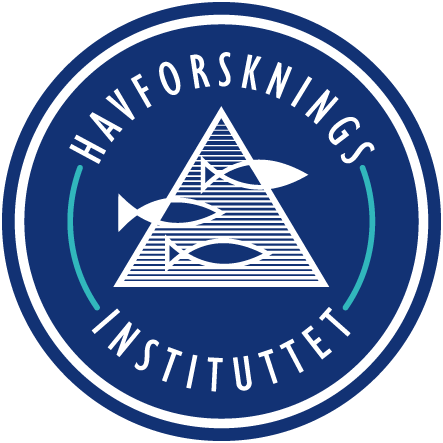
20 Jun 2023 | Uncategorized
The Research Council of Zimbabwe (RCZ) is a member of the World Data System that promotes and coordinates research for sustainable development in Zimbabwe. RCZ advises the government on research issues, facilitates collaboration among research institutes and councils, and links with professional bodies and centers of excellence. RCZ’s vision is to be the pivotal leader in steering demand-driven research for wealth creation and the sustainable development of Zimbabwe by 2030. RCZ’s mission is to contribute to the knowledge economy through promoting and translating research results into goods and services. RCZ’s values are innovation, integrity, professionalism and Unhu/Ubuntu, a term derived from Bantu languages which means that they uphold the principles of human dignity, mutual respect and social justice in their work.
Learn more about the RCZ

20 Jun 2023 | Uncategorized
WDC for Geophysics, Beijing, supported by the Institute of Geology and Geophysics, Chinese Academy of Sciences (IGGCAS), collects and provides scientific data on geophysics and space environment. It operates two observation systems: Space Environment Exploration System, which monitors various parameters of the earth’s space environment with four stations in China and two in the polar regions; and Seismic Array Observation System, which monitors seismic activity with a network of stations. It also participates in the Solar-Terrestrial Environment Research Network (STERN), which observes the ionosphere, upper atmosphere and the earth’s magnetic field with nine stations of CAS. It hosts more than 110 Gigabytes of parameters data and the mirror sites of the Madrigal Database and DIDBase, which contain more than 9 Terabytes of data. These data are open to the public through its website. WDC for Geophysics, Beijing is a regular member of the World Data System and promotes data sharing and scientific knowledge on geophysics and space environment.
For more info on the World Data Center for Geophysics, Beijing, see their website here.

15 Jun 2023 | Uncategorized
Oak Ridge National Laboratory Distributed Active Archive Center (ORNL DAAC)
The ORNL DAAC is a NASA data center that archives and distributes data on terrestrial biogeochemistry and ecological dynamics and is a member of the World Data System. The ORNL DAAC is operated by Oak Ridge National Laboratory in Tennessee, home of the WDS International Program Office (WDS-IPO). The ORNL DAAC’s mission is to provide data services for a comprehensive archive of observations and models to support NASA’s Earth Science. The ORNL DAAC’s goals are to serve as the primary data repository for NASA’s Terrestrial Ecology program and Carbon Cycle Science and Ecosystems focus area, provide ground- and aircraft-based data to assess the accuracy and uncertainty of NASA’s Earth Science missions, work with NASA to develop best practices, tools, and training for data users and providers, and facilitate synthesis and analysis by providing and integrating diverse data.
See ORNL DAAC’s website for more info

9 May 2023 | Uncategorized
WDS Member Highlight: Swedish National Data Service (SND)
The Swedish National Data Service (SND) is housed at the University of Gothenburg. SND’s primary mission is to facilitate the sharing, reuse, and description of research data by providing support to Swedish higher education institutions and other research organizations. The organization offers a range of services such as advice, training materials, and tools for research data management. SND’s digital system DORIS allows researchers to describe and share research data, and their national catalogue provides access to research data and descriptions from various scientific fields. The organization collaborates with various international and national organizations to improve access to research data. SND also provides training materials and activities for researchers and staff in research data support functions.
More info on the SND: https://snd.gu.se/en/about-us/what-we-do

9 May 2023 | Uncategorized
WDS Member Highlight: Research Institute for Sustainable Humanosphere (RISH)
The Research Institute for Sustainable Humanosphere (RISH) is a research institute established in 2004 at Kyoto University. RISH conducts interdisciplinary research on Humanosphere Science, which is the science of creating a sustainable human society in harmony with the environment, energy and resources. RISH has five missions that cover various aspects of the humanosphere, such as environmental diagnosis, solar energy, space environments, wood-based materials and quality of life. RISH also provides joint usage and research opportunities for researchers who want to use its advanced research facilities and collaborate with its experts.
More info on RISH: https://www.rish.kyoto-u.ac.jp/introduction_e/foreword/

9 May 2023 | Uncategorized
WDS Member Highlight: Norwegian Marine Data Centre (NMD)
The Norwegian Marine Data Centre (NMD) is a national data center dedicated to the professional processing and long-term storage of marine environmental and fisheries data and production of data products. It was established at the Institute of Marine Research in Norway and maintains the largest collection of marine data in the country. NMD serves as an operational service and competence center for handling marine data and data products and provides and visualizes data for Norwegian marine research and their international partners. NMD also participates in national and international standards, guidelines, networks, and research projects related to marine data.
NMD is also part of a larger research infrastructure called NMDC, which involves 16 Norwegian institutions that aim to provide seamless access to marine data covering waters of Norwegian interest. NMDC acts as the coordination unit for marine data in Norwegian waters and simplifies the technical obstacles for data sharing across institutions and disciplines. NMDC also harmonizes its activities and developments with the principles of “Norway Digital” and the EU INSPIRE directive for geographical data.
More info on the NMD: https://www.hi.no/en/hi/forskning/research-groups-1/the-norwegian-marine-data-centre-nmd






